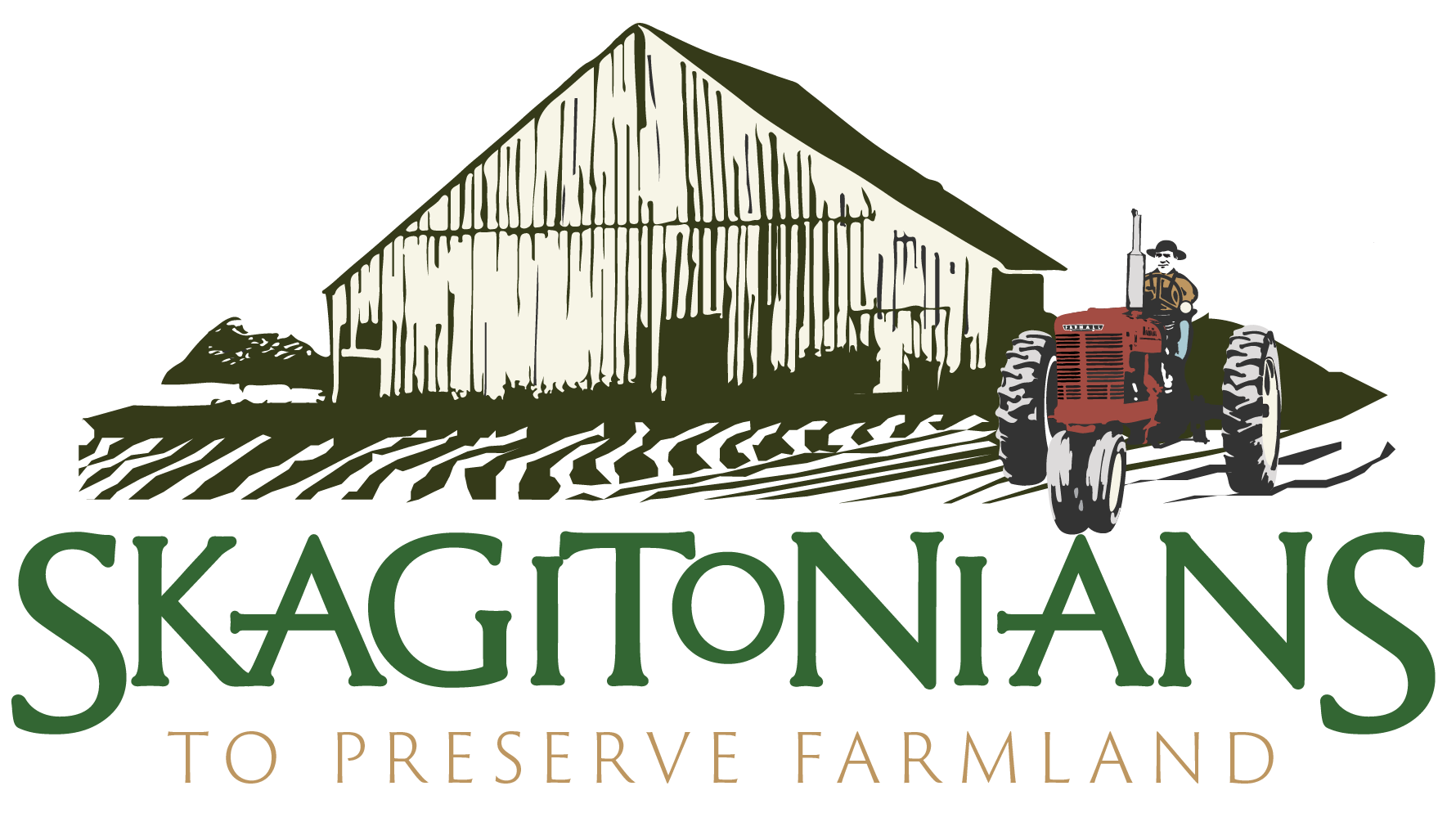Harmony Fields: Growing by Shrinking
“During my first few years I was trying to replicate very male-dominated models with big crews, lots of land, and lots of product. But now that we have kids, we have to be strategic.”
Photo: Steve Johnston
If you visit Harmony Fields when it’s muddy, cold, and everyone is indoors, you might think making cheese is a leisurely occupation.
You’d be wrong.
Sure, in winter, the pace is more leisurely. Jessica Gigot can read more books to her daughters and teach a few more classes. Dean Luce has more time for music and carpentry.
Even their 70 East Friesian/Lacaune sheep are resting.
“By the fall, the sheep are tired and so are we,” says farmer/poet/author Jessica, who founded Harmony Fields in 2011. The weeks of rest are welcome—and scarce. In April, the first lambs will be born and the mad dash of raising, milking and shearing sheep, making and selling cheese and growing and selling herbs will begin all over again.
“Once the milk starts flowing, there is no stopping,” she says.
As midwife, Jessica makes sure lambs are born safely and that their early weeks are calm and idyllic. She monitors the health of each ewe’s udders, because high-quality milk helps young lambs thrive and creates Harmony Fields’ award-winning farmstead sheep cheese.
For the first 30 days, the morning’s milk is divided between feeding lambs and making cheese. Once weaned, the lambs move out to “lamb camp,” where Dean feeds and tends them and manages the pasture—another element of cheese quality—and the full-time task of irrigation.
Inside the shipping container that houses their micro-creamery, Jessica makes three batches of cheese a week. Two varieties are fresh and spreadable and go well with summer salads and produce. The semi-hard sliceable variety is somewhat like a Manchego.
Photo: Steve Johnston
Outside, the farm’s organic herbs go into the ground, and the onsite farmstand, Farmer’s Market stands, and the summer cheese Community-Supported Agriculture (CSA) subscriptions ramp up. Sheep are sheared and their wool sold through the online Harmony Fields store, along with cheese, textiles, and meat.
By summer, farm work is in full swing.
“When I go to the farm to pick up my cheese, Jess is always doing something and so is her husband,” says CSA member Georgiann Dustin. “Sometimes all she can do is wave at me across the field.”
That wave is a reminder that on small farms, the primary laborers are the owners. All tasks end up on their to-do lists. “You realize why people have to specialize in farming,” says Jessica. “You can’t do everything.”
She gave it a good try, though. Before the Gigot-Luces had children, Jessica did the milking, the cheesemaking, and staffed the farmer’s markets. The couple also raised vegetables for the wholesale market alongside herbs and their ever-expanding milking herd.
It was exhausting.
“In farming, the pressure to grow is formidable,” she writes in her memoir, A Little Bit of Land. “During my first few years I was trying to replicate very male-dominated models with big crews, lots of land, and lots of product,” she says. “But now that we have kids, we have to be strategic.”
Instead of getting bigger and bigger, she’s getting smaller and more efficient. The wholesale vegetables are gone. Today she’s investing more time and energy in adding value to her sheep cheese, yarn, and meat.
“The value-added approach gives me more control,” she says. “I don’t let anyone else into the cheese room. We do everything by hand, using a limited supply of milk and for a limited time period. And we take a lot of pride in what we produce.”
Her pride shows. Fleecemaker, their feta-style cheese, was a 2022 American Cheese Society Silver Medalist. Their Tomme-style earned a bronze medal.
The smaller, more efficient, value-added approach allows Jessica to cultivate customer relationships and serve as secretary of the Washington State Cheesemakers Association, which supports and promotes the state’s 50+ licensed cheesemakers.
Photo: Steve Johnston
At the farm’s annual spring “Lamb Meet and Greet," CSA members pet and cuddle the month-old lambs and visit with Jessica and Dean. They come back when the farm offers an occasional happy hour featuring local beverages paired with appetizers built around Harmony Fields cheese.
Jessica thinks their flexibile “smaller and more efficient” model may be a viable way forward for other small farms.
For one thing, Jessica and Dean can pivot when challenges arise. Facing a possible shortage in pasture next summer—because a neighbor’s potatoes were harvested too late to get winter wheat planted on land they rent—they will breed fewer sheep for 2023. “We want to make sure we have a place for all our lambs,” she says.
They can also adapt to changes in climate. With late-summer wildfire smoke becoming more common, Harmony Fields now “dries off” sheep—that is, ends milk production—earlier in the year so animals and people don’t have to be outside in smoke.
Most of all, the smaller, more efficient approach lets Jessica put nurturing at the center of her farming. That’s something she learned from tending land, caring for animals, and becoming a mom.
In her view, nurturing “means asking: Is everyone cared for? Is everyone healthy? Is everyone happy?"—animals and land included.
At Harmony Fields, the answer is yes. Not long ago, while singing “The Farmer in the Dell” with her daughters, Jessica made up a new verse:
The farmer loves her life
The farmer loves her life
Hi ho the derry-oh the farmer loves her life.
Story by Anne Basye: info@skagitonians.org



